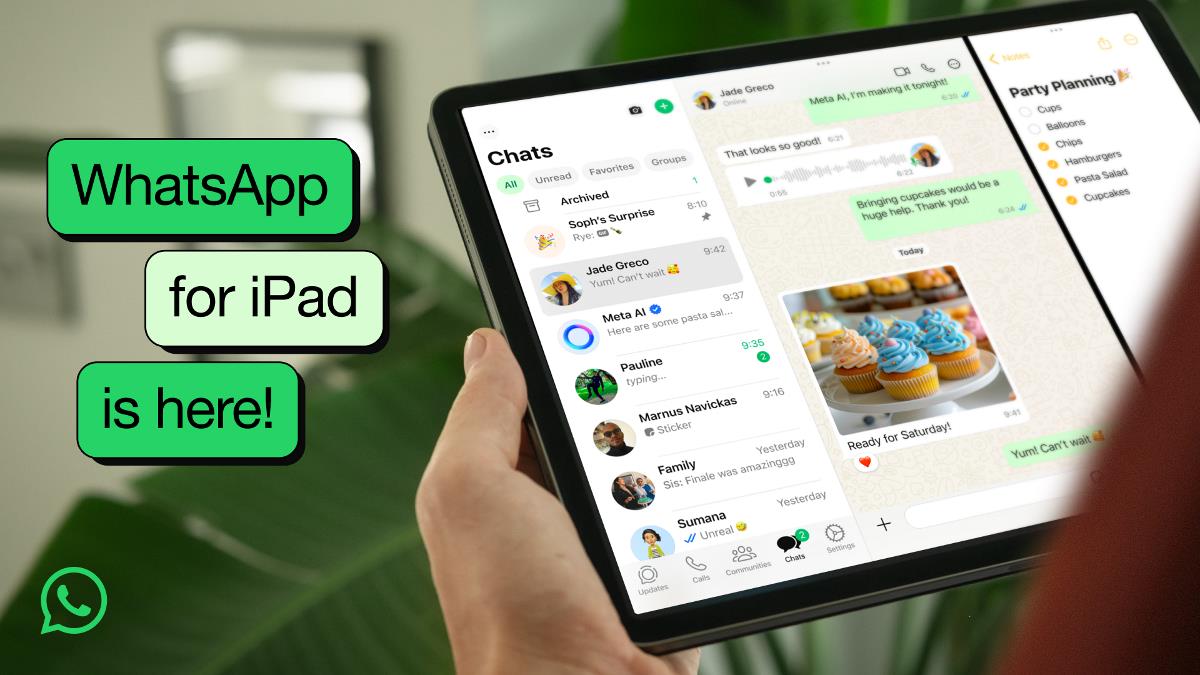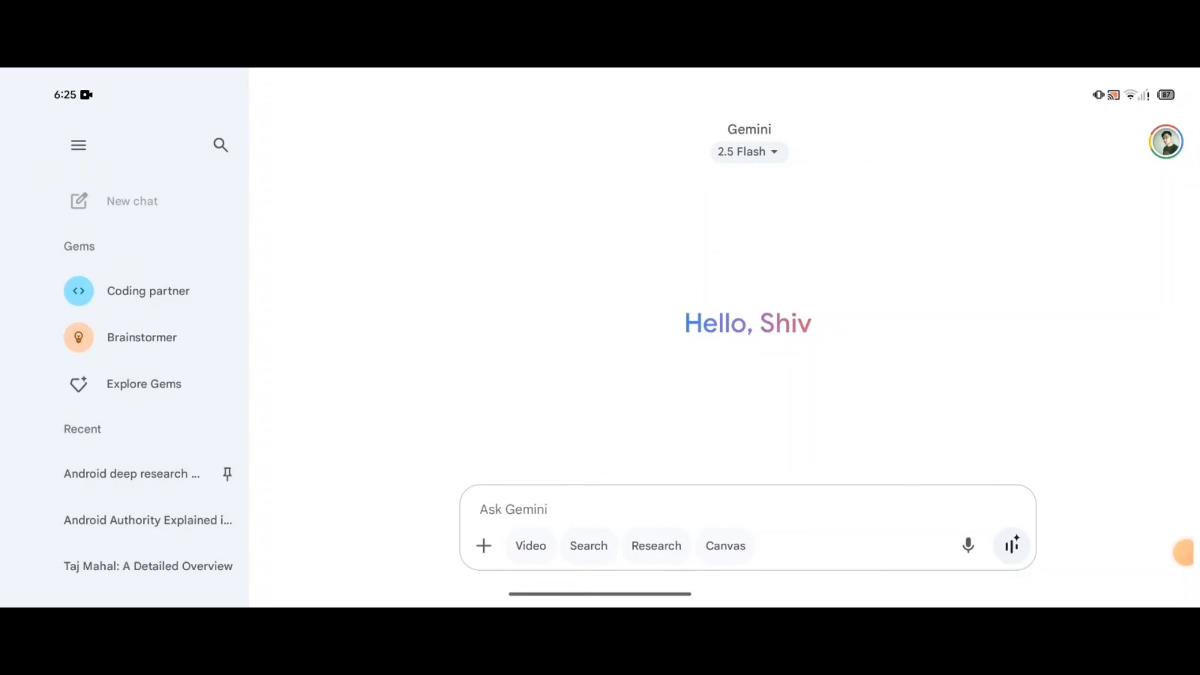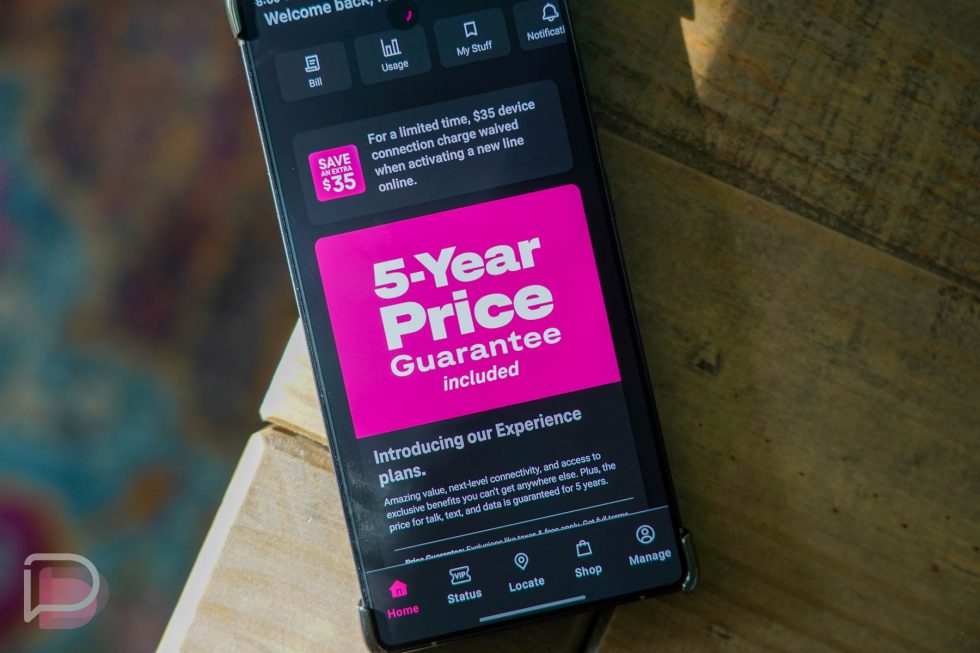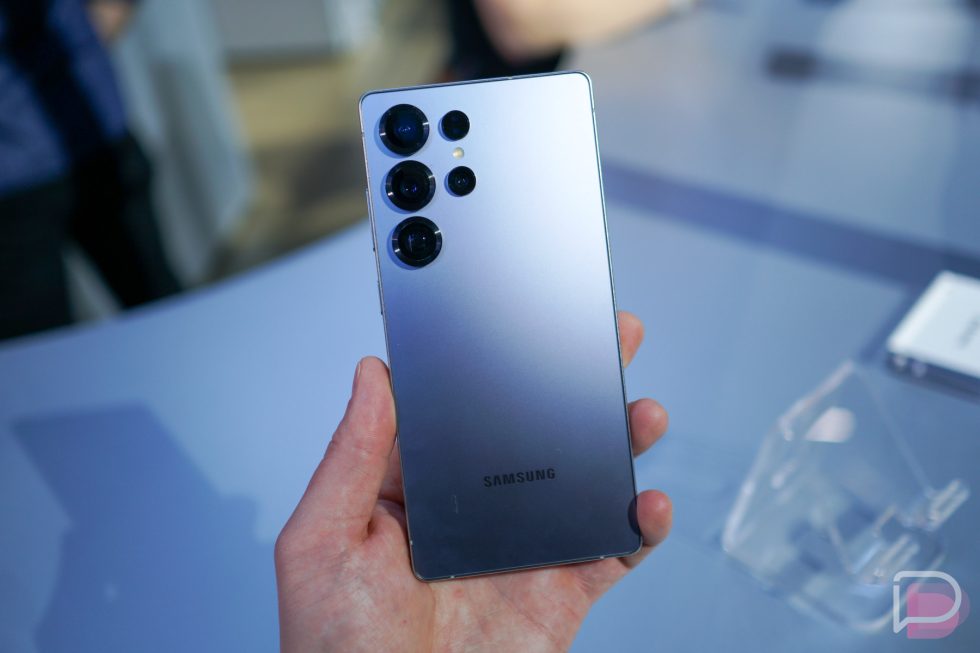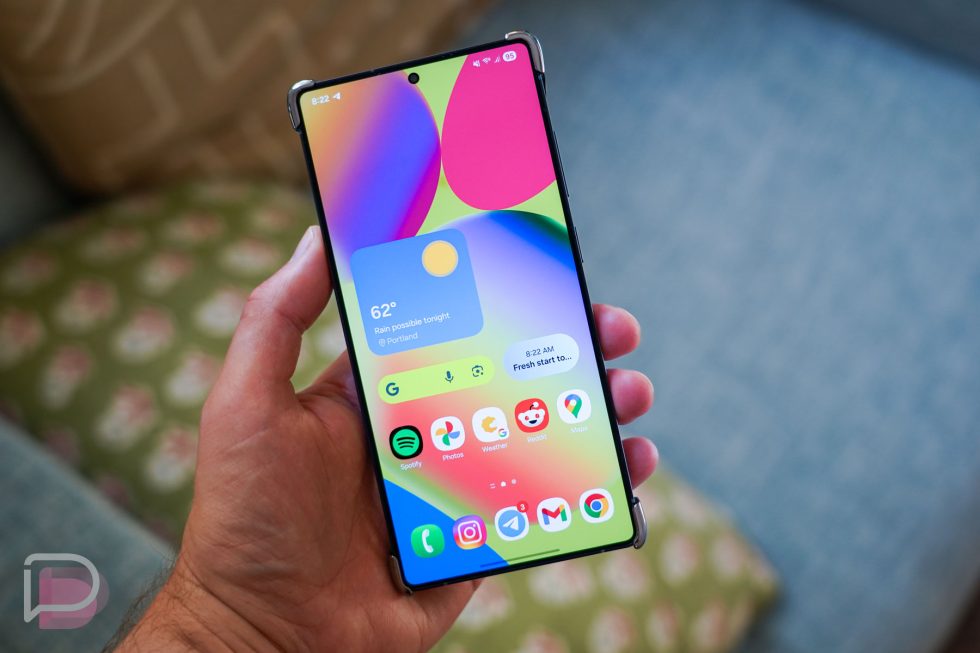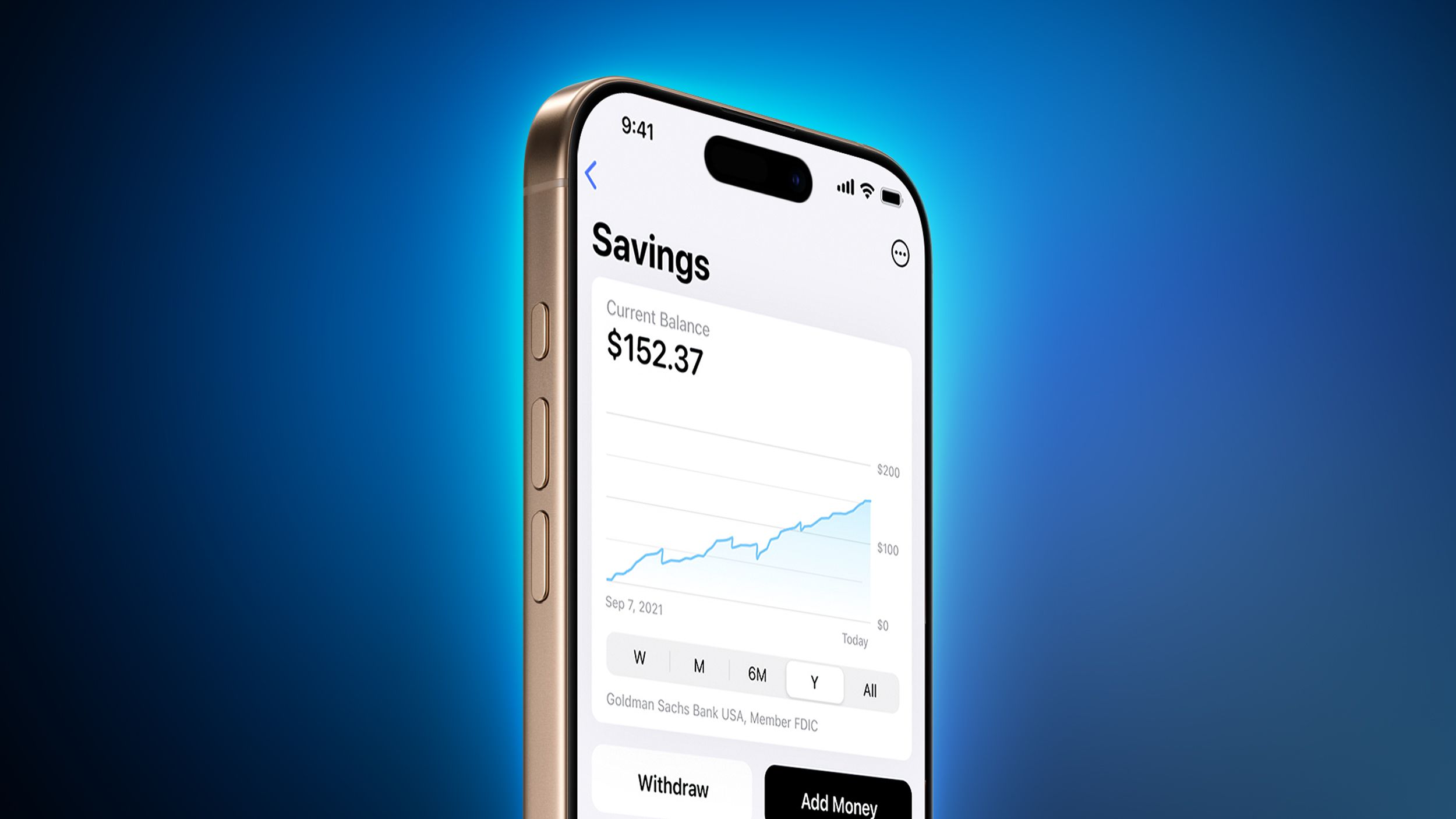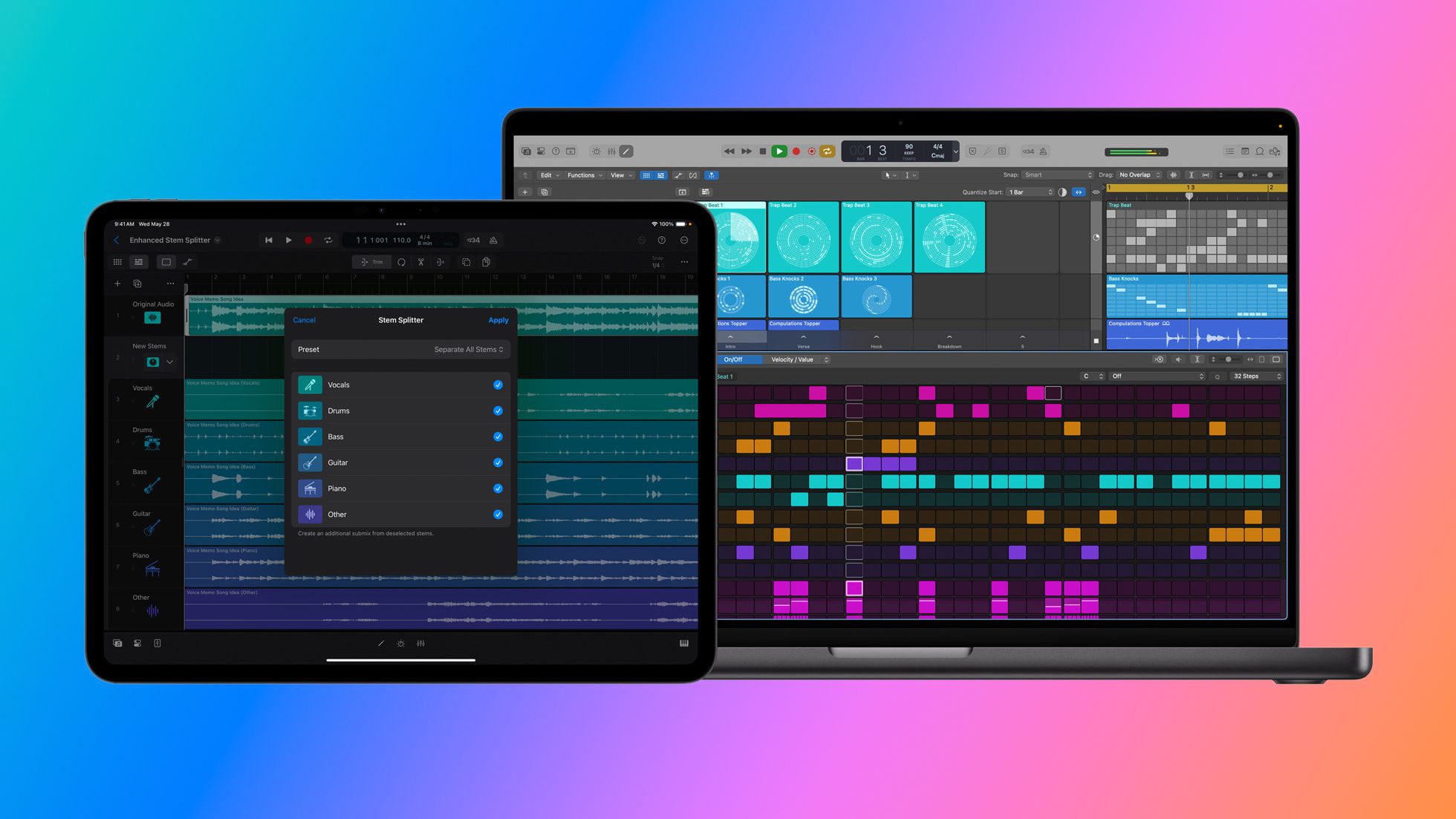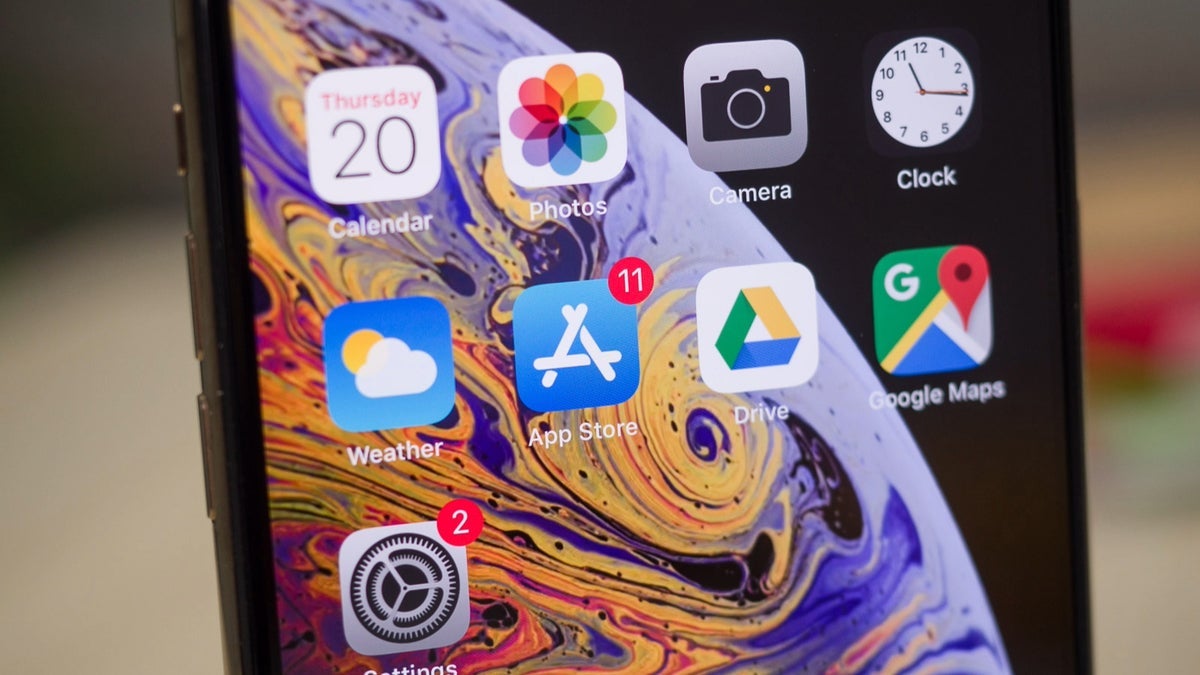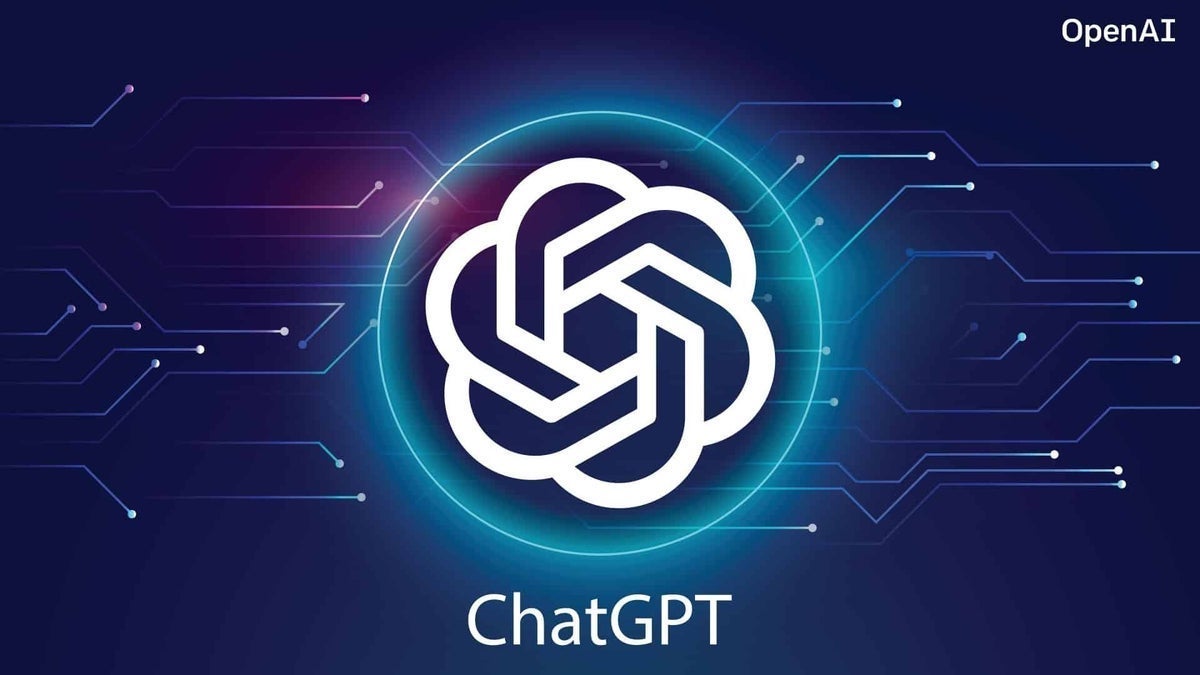Top 7 Synthflow Alternatives
Running a call center means juggling sales goals, customer support demands, and tight budgets. AI voice tools have become game-changers, automating repetitive tasks and freeing agents for the tough stuff. ... The post Top 7 Synthflow Alternatives appeared first on Bigly Sales.

Running a call center means juggling sales goals, customer support demands, and tight budgets. AI voice tools have become game-changers, automating repetitive tasks and freeing agents for the tough stuff.
Synthflow is a solid player here, offering no-code AI voice agents that handle calls, book appointments, and qualify leads. But it’s not the only option. Call quality hiccups, murky pricing, and unpredictable agent behavior have pushed managers like me to scout for Synthflow alternatives that might fit better.
Here, we’ll explore the top seven Synthflow alternatives shaking up the call center industry. Each one has its strengths—some crush it with real-time analytics, and others shine in scalability or ease of use.
Expect a breakdown of what makes them tick, how they stack up for AI calls, and why they might (or might not) work for a busy call center. There will be no fluff, just the straight talk needed to pick the right tool.
Why Look Beyond Synthflow?
Synthflow’s appeal lies in its no-code setup and humanlike voice agents. It’s great for businesses wanting to automate without hiring a tech wizard. But dig deeper, and cracks show up. Call quality can drop mid-conversation—imagine a customer venting about a billing issue, only for the AI to garble a response.
Pricing’s another headache; outbound call costs stack quickly, and the plans aren’t always clear. Then there’s the occasional AI quirk—agents going off-script in ways that confuse callers.
A seasoned call center manager knows these hiccups can tank customer satisfaction or blow the budget. That’s why exploring Synthflow alternatives makes sense. The goal? Find AI voice tools that deliver reliable performance, transparent costs, and flexibility for sales and support teams. Let’s get into the contenders.
1. Trellus
Trellus stands out among Synthflow alternatives, blending AI voice smarts with real-time coaching. Picture this: an agent’s on a call, stumbling through a pitch. Trellus listens in, suggesting the next move right at the moment. It’s like having a virtual sales coach whispering tips, minus the coffee breath.
The platform shines with flat-rate pricing starting at $59.99 a month. There are no hidden fees or surprises. Post-call summaries and diagnostic data roll out automatically, cutting down on manual grunt work.
Compared to Synthflow’s pay-as-you-go model, Trellus is a breath of fresh air for budget-conscious managers. Call quality holds steady, too, avoiding the inconsistency that sometimes plagues Synthflow.
Where it fits: It is perfect for sales-driven call centers needing real-time support and clear costs. It is less ideal for complex multilingual setups, where Synthflow’s 20+ language support outpaces Trellus.
2. Bigly Sales
Bigly Sales lands on the list as a no-nonsense AI calls solution built for sales teams. It’s not trying to be everything to everyone—just a tool that dials leads, qualifies them, and books meetings fast. Think of it as the reliable rookie agent who doesn’t overcomplicate things. Setup’s a breeze; plug in a lead list, tweak a few settings, and it’s off making calls 24/7.
What sets it apart is its focus on outbound campaigns. It’s got a knack for cutting lead response times, which is crucial when stats show that 78% of customers buy from the first responder.
Integration with CRMs like HubSpot keeps data flowing smoothly, and pricing stays competitive, though it leans toward per-minute rates rather than flat fees. Call quality is solid, but don’t expect the deep customization that Synthflow offers for inbound support.
Where it fits: It is ideal for outbound sales teams chasing quick wins. However, it is not the best pick for heavy customer support needs—its AI voice stays basic compared to others.
3. Bland AI
Bland AI is a heavy hitter among voice AI options, built for call centers handling massive volumes. It’s less about hand-holding and more about raw power—think of it as the industrial-strength espresso machine in a sea of drip brewers. Agents get spun up with minimal code, and the platform scales to thousands of concurrent calls without breaking a sweat.
The latency clocks in at 800ms, but it’s still snappy enough for smooth chats. Mid-call API integrations let it pull data or trigger actions on the fly, a boon for tech-savvy teams. Pricing’s a downside, though; at $0.09 per minute, costs climb fast for high-volume ops. Support leans on a Discord community, which works if the team’s comfortable troubleshooting together.
Where it fits: It’s great for large-scale sales or support with a tech team. Smaller outfits might find it overkill or too pricey.
4. VoiceGenie
VoiceGenie brings a softer touch to AI voice solutions. It’s designed to sound human and excels at engaging callers with empathy. Imagine a customer calling about a late delivery; VoiceGenie picks up the frustration, adjusts its tone, and offers solutions without missing a beat. That’s its superpower: making AI calls feel personal.
It tackles sales funnels head-on, qualifying leads and scheduling follow-ups with a natural flow. Integration with calendars and CRMs keeps everything tight, and multilingual support broadens its reach. Pricing isn’t public, but reviews peg it as competitive. Call quality rarely falters, sidestepping Synthflow’s occasional stumbles.
Where it fits: Suited for customer-facing roles where rapport matters, like healthcare or retail. Less focused on outbound blitzes compared to Bigly Sales.
5. Dasha.AI
Dasha.AI caters to call centers with a developer on speed dial. It’s less plug-and-play than Synthflow, but the payoff is ultra-realistic voice agents handling hundreds of calls simultaneously. Latency’s low, responses are sharp, and the platform’s DashaScript lets coders fine-tune every interaction. Think of it as the custom-built hot rod of voice AI.
Integration with existing phone systems is seamless, and 30+ language options beat Synthflow’s 20+. Pricing is custom, which can be a hassle for smaller teams. Users rave about its natural conversations, earning it a 5.0 on G2. But without coding chops, setup is a slog.
Where it fits: Best for tech-heavy operations needing bespoke AI voice agents. Overkill for no-code fans.
6. Brilo AI
Brilo AI flips the script by pairing voice automation with real-time analytics. It’s not just about answering calls—it’s about understanding them. Sentiment analysis tracks caller mood, intent detection flags priorities, and summaries hit the inbox while the call’s still fresh. Picture an agent wrapping up a heated call, and Brilo’s already dissected it for the next move.
Multilingual support and CRM integrations keep it versatile, and pricing is flexed based on volume—contact their team for specifics. Call handling’s robust, dodging Synthflow’s quality dips. It’s less about outbound campaigns and more about boosting agent performance mid-call with smart prompts.
Where it fits: A slam dunk for support teams craving insights, sales-focused centers might miss the outbound punch.
7. Vapi
Vapi rounds out the list with a focus on rapid deployment. It’s the sprinter of Synthflow alternatives—voice bots go live fast, perfect for testing ideas or plugging gaps. Low-latency streaming keeps talks flowing, and customizable models adapt to sales, support, or telehealth. It’s not as polished as Synthflow’s no-code polish; some coding know-how helps.
Pricing is transparent with a free trial, and multilingual support adds flexibility. Call quality is reliable, but it leans on external APIs, which can snag latency compared to Synthflow’s in-house model. Users love the speed but gripe about limited third-party integrations.
Where it fits: Great for quick launches in dynamic call centers. Bigger teams might crave deeper customization.
How to Pick the Right Synthflow Alternative
Choosing among these AI voice tools boils down to the call center’s DNA. Sales squads chasing leads need outbound muscle—Bigly Sales or Bland AI might lead the pack. Support teams fixing issues lean toward real-time smarts, where Trellus or Brilo AI shines.
Budget’s a biggie, too; Trellus’ flat rates dodge Synthflow’s cost creep while Bland AI’s per-minute billing suits high rollers.
Scale matters as well. Bland AI and Dasha.AI flex for enterprise-level loads, while Vapi and VoiceGenie keep it nimble for smaller ops. Tech comfort’s another angle—Synthflow’s no-code vibe suits rookies, but Dasha.AI or Vapi reward coding savvy. Test runs seal the deal; most offer trials, so kick the tires before signing.
What Makes These Tools Tick?
AI voice platforms aren’t magic—they’re built on tech that’s easy to grasp. Speech-to-text (STT) turns caller words into data the AI can chew on. Text-to-speech (TTS) flips it back into spoken replies, aiming for that human vibe. ElevenLabs powers Synthflow’s voices here, and others tap similar engines. Natural language processing (NLP) is the brain, decoding intent so the AI doesn’t just parrot scripts.
Latency’s the speed bump—700ms on Synthflow feels instant, but 10 seconds on a glitchy tool kills the vibe. Integrations tie it all to CRMs or calendars, keeping data synced. The best Synthflow alternatives nail these basics while tweaking the recipe—some prioritize analytics, others scale or empathy.
Wrapping It Up
Synthflow is a solid start for AI voice automation, but its quirks open the door to alternatives. Trellus offers real-time coaching on a budget, and Bigly Sales nails outbound sales.
Bland AI scales like a beast. VoiceGenie adds empathy, Dasha AI flexes for developers, Brilo AI crunches data, and Vapi sprints to launch. Each tool has a lane; the trick is to match it to the call center’s heartbeat.
Dig into trials, weigh the costs, and test the fit. The right voice AI can turn a chaotic call floor into a well-oiled machine—without breaking the bank or the team’s spirit.
FAQs
What’s the cheapest Synthflow alternative?
Trellus starts at $59.99 monthly with flat rates—no sneaky fees. Bigly Sales keeps per-minute costs low for outbound fans. Compare trials to lock in value.
Which tool is best for multilingual support?
Dasha.AI leads with 30+ languages, edging out Synthflow’s 20+. VoiceGenie and Brilo AI are closely followed and are perfect for global reach.
Can these tools replace human agents?
Not fully. They handle rote tasks—FAQs and bookings—but complex issues still need a human touch. Think augmentation, not replacement.
How do I test call quality before committing?
Most offer free trials—Synthflow’s 14 days, Vapi’s 10 minutes. Dial in, stress-test the AI, and judge the clarity firsthand.
What’s the easiest tool to set up?
Synthflow and Bigly Sales win for their no-code simplicity. Trellus follows close behind. Dasha.AI and Vapi demand more tech finesse.
The post Top 7 Synthflow Alternatives appeared first on Bigly Sales.

























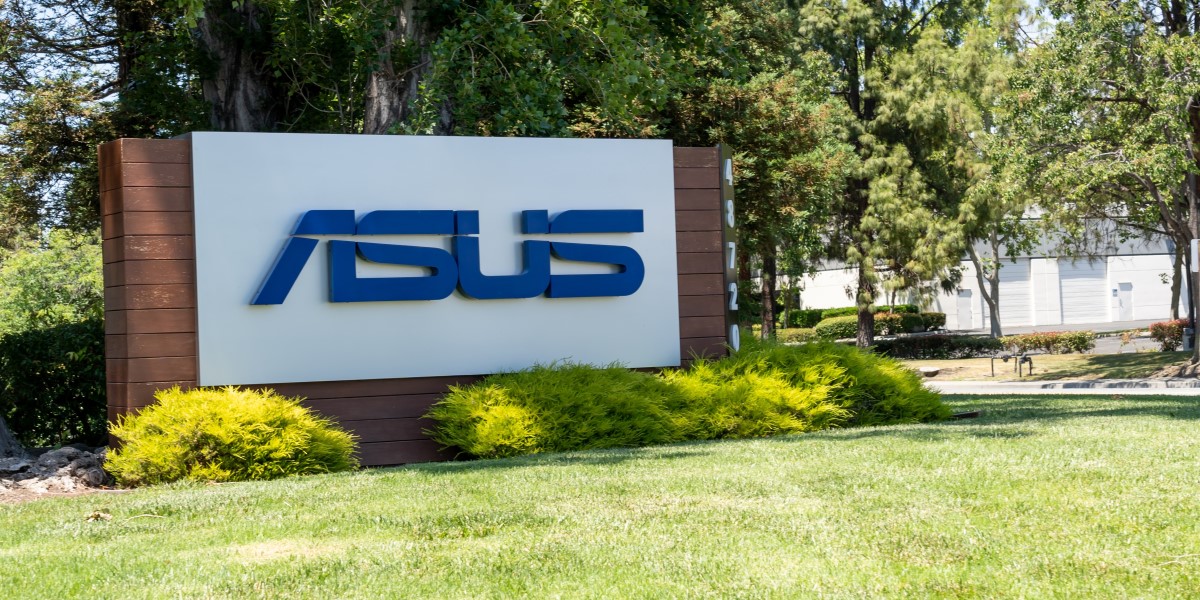























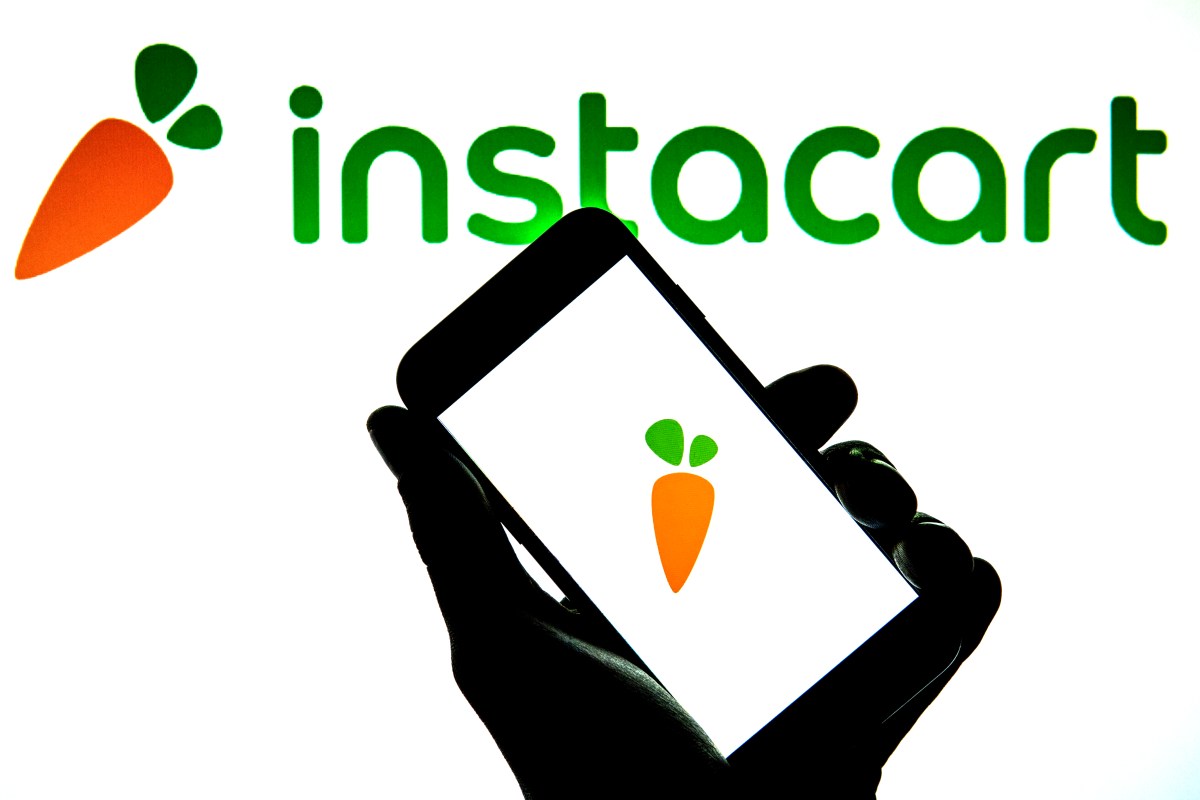














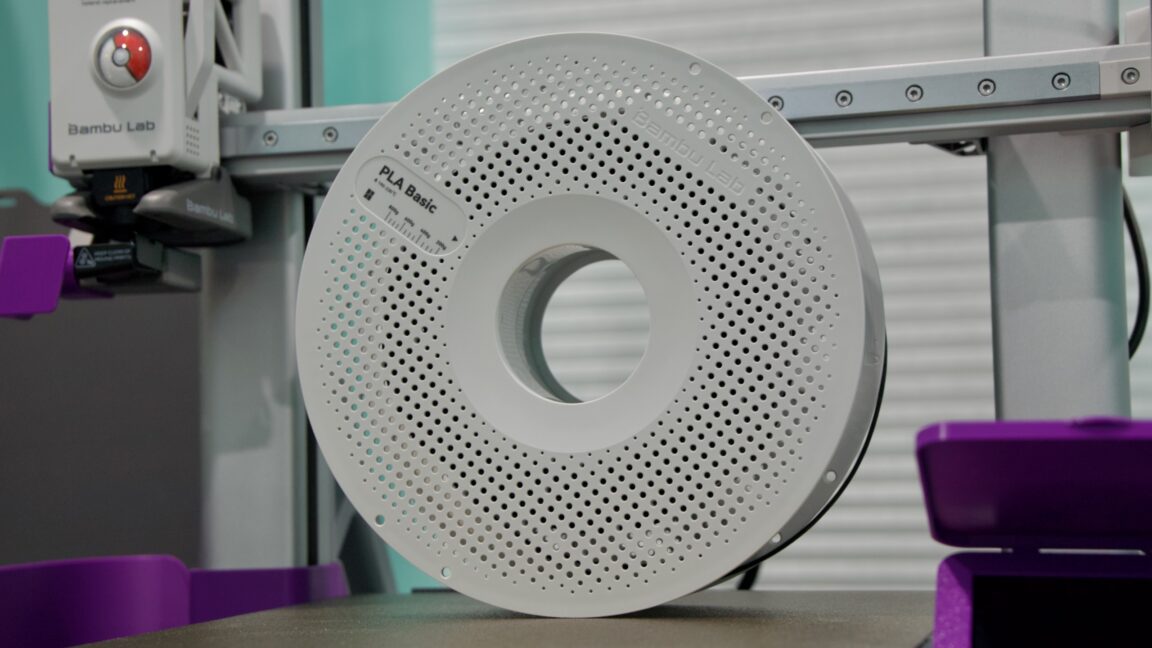




































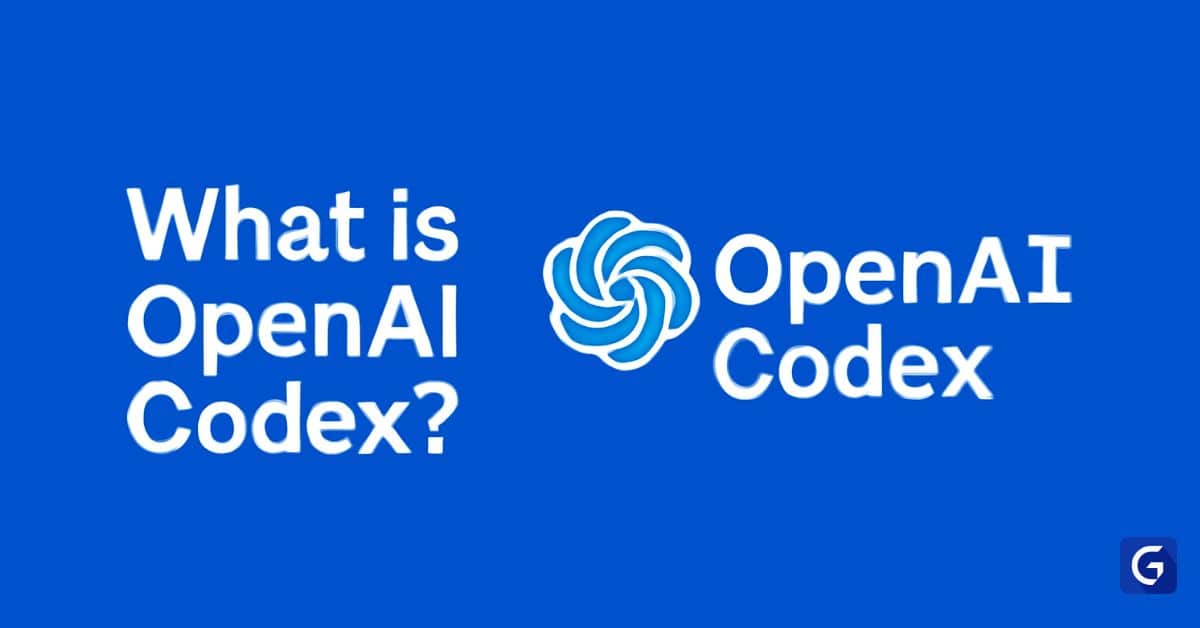



































































![[The AI Show Episode 149]: Google I/O, Claude 4, White Collar Jobs Automated in 5 Years, Jony Ive Joins OpenAI, and AI’s Impact on the Environment](https://www.marketingaiinstitute.com/hubfs/ep%20149%20cover.png)







































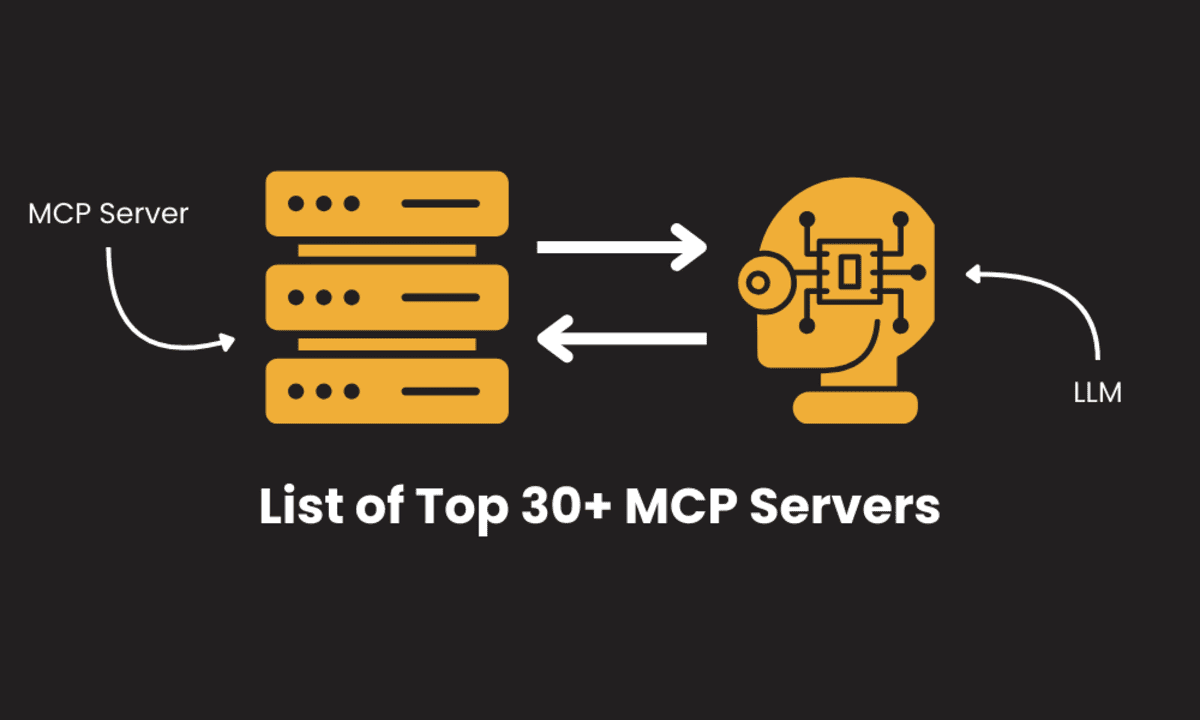


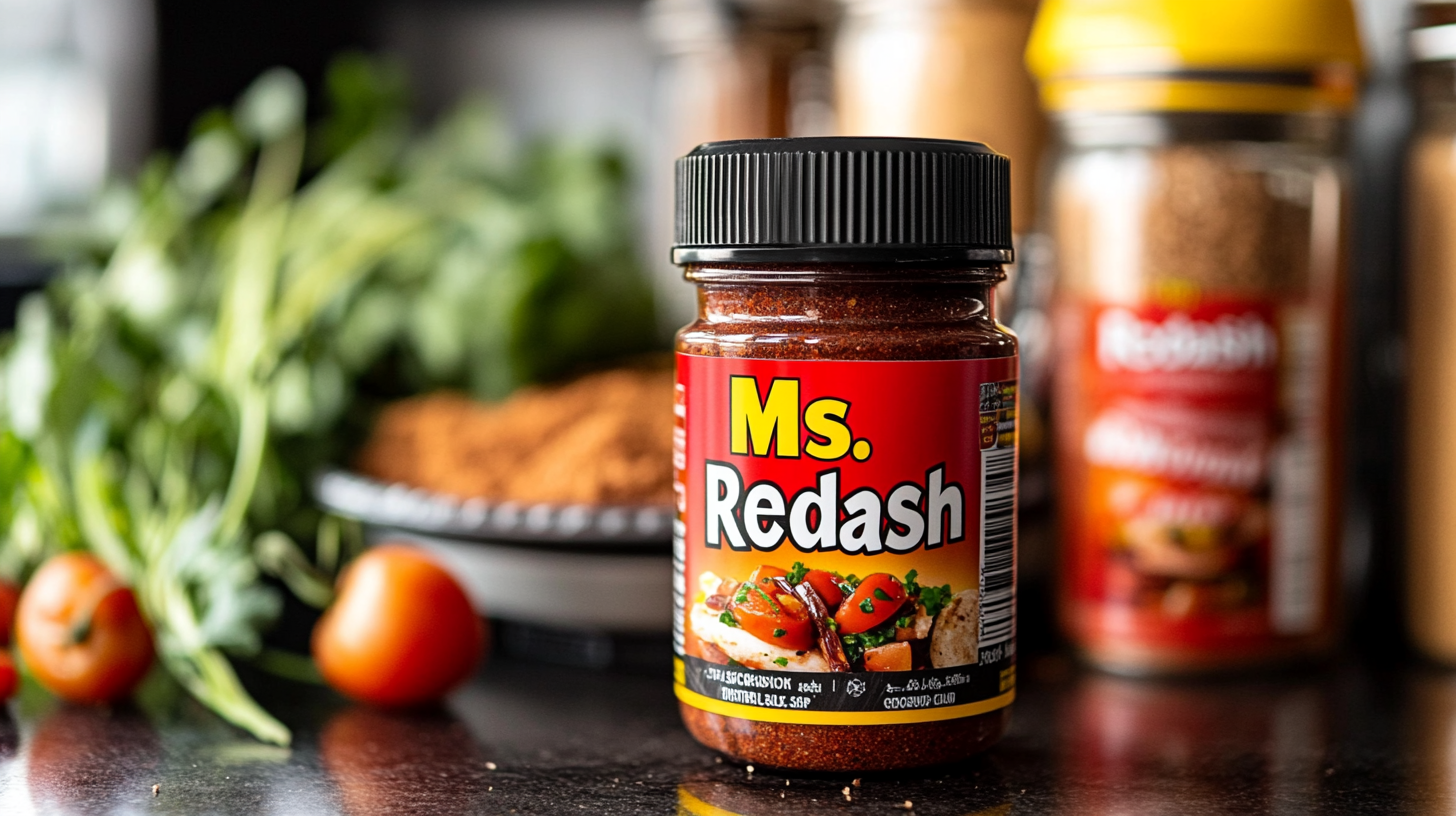




































































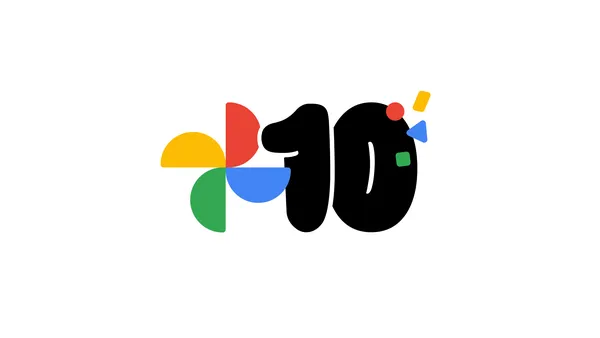




















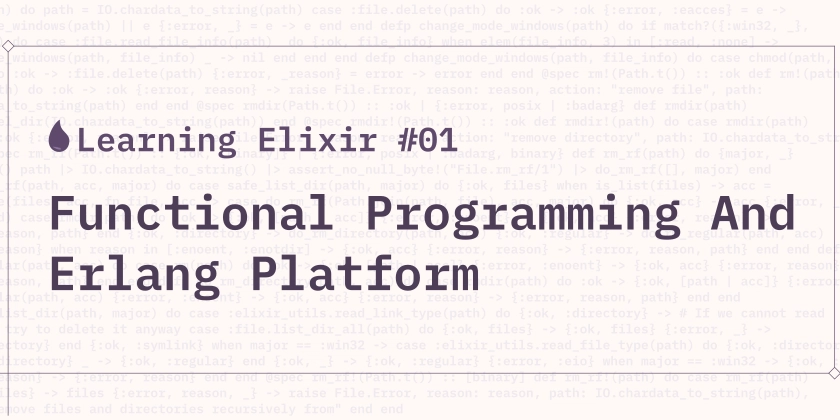
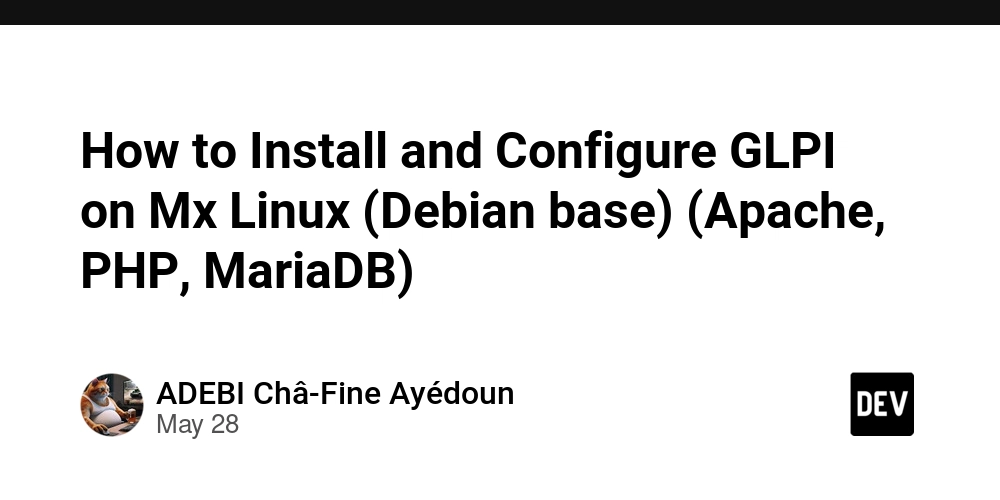


































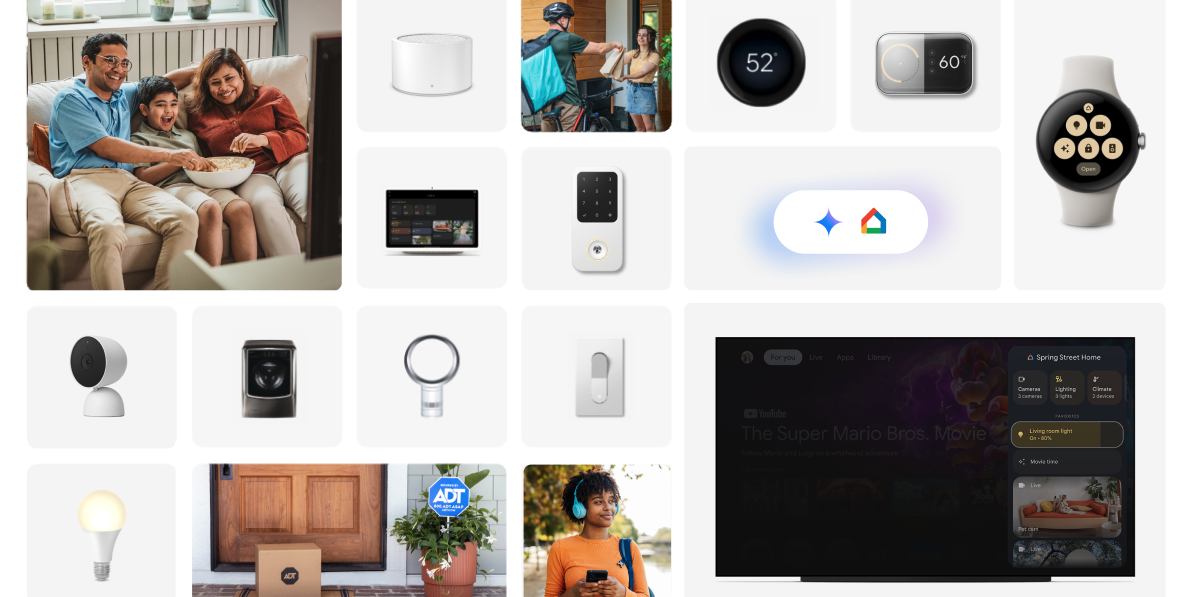
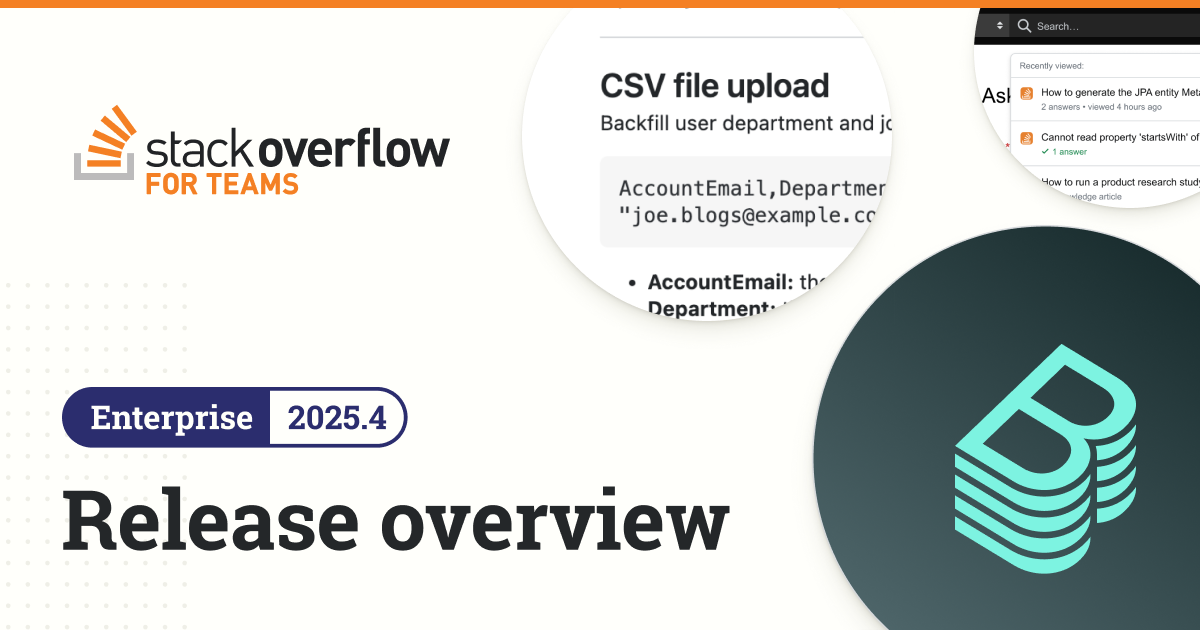


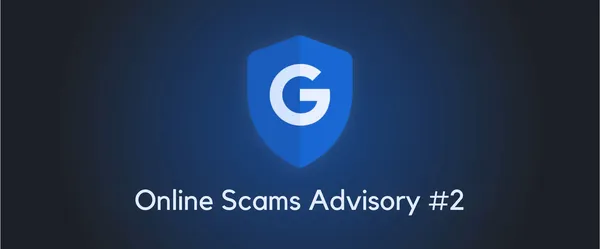





































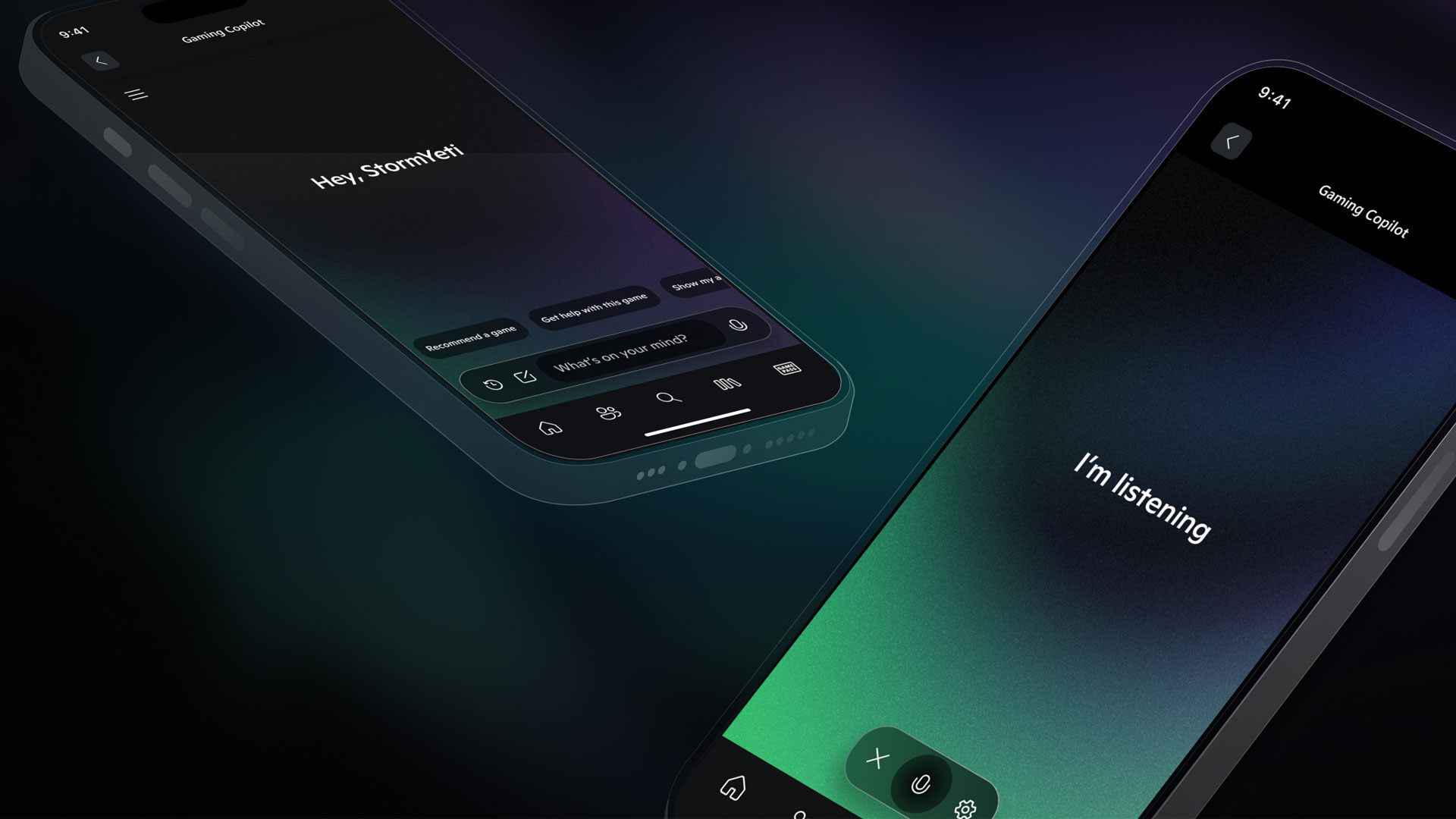







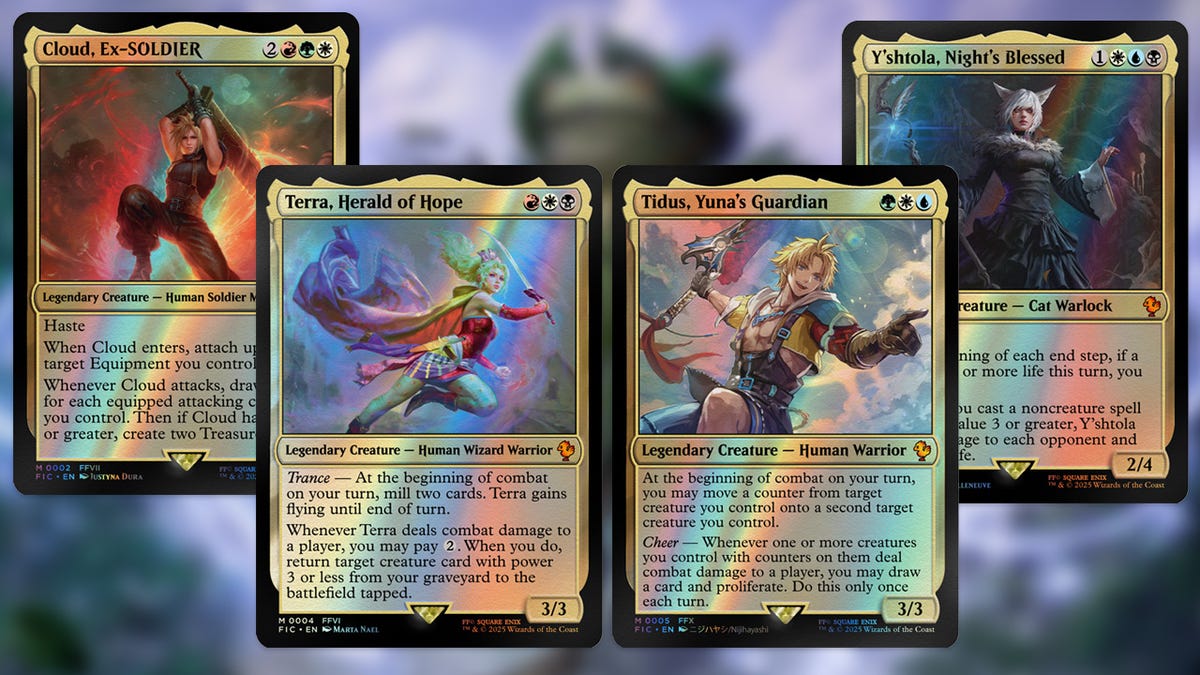



















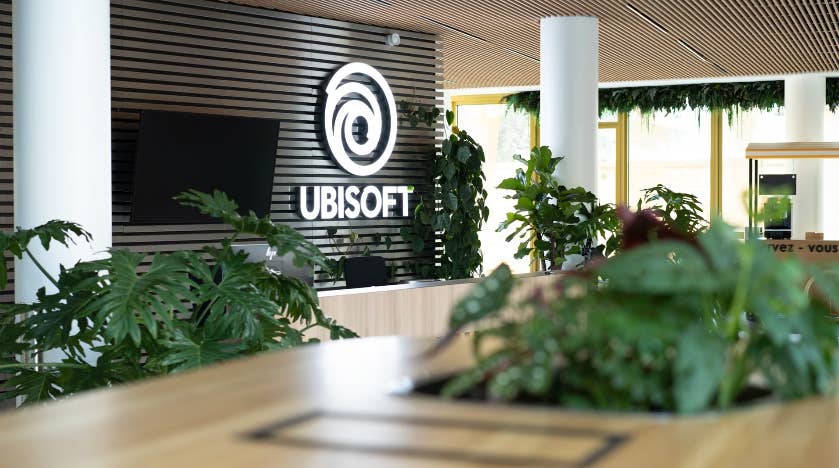
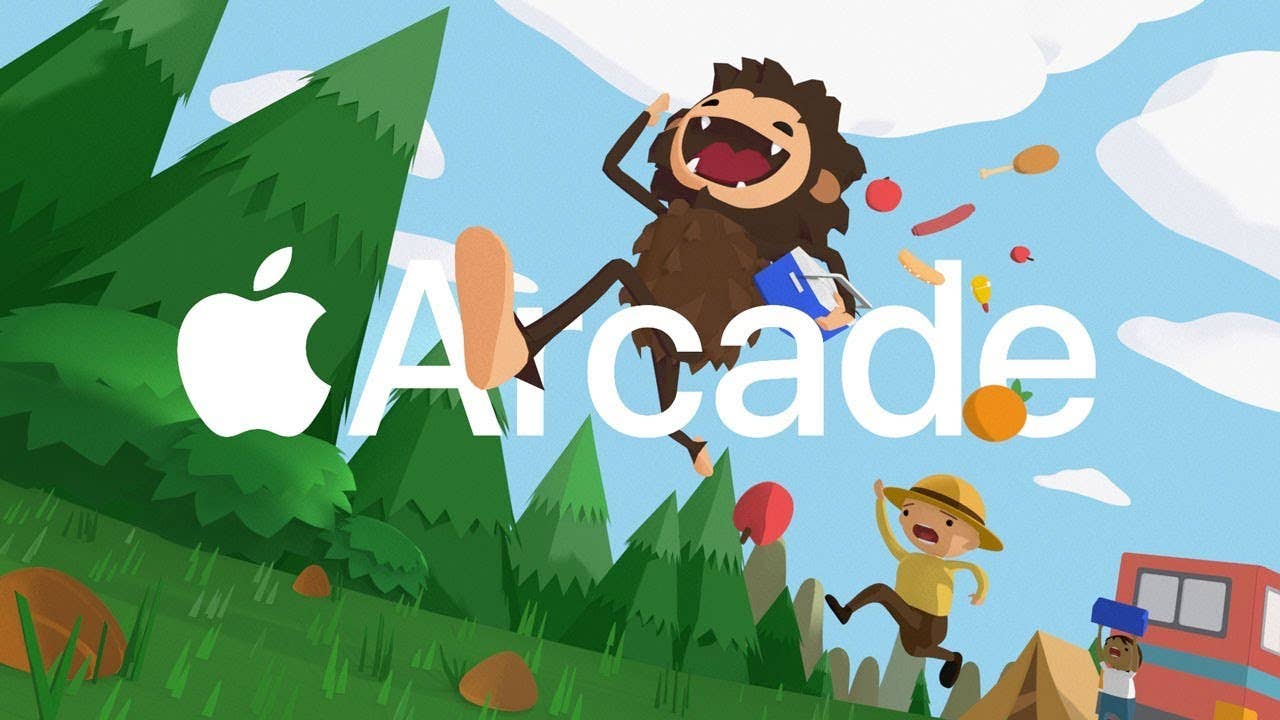




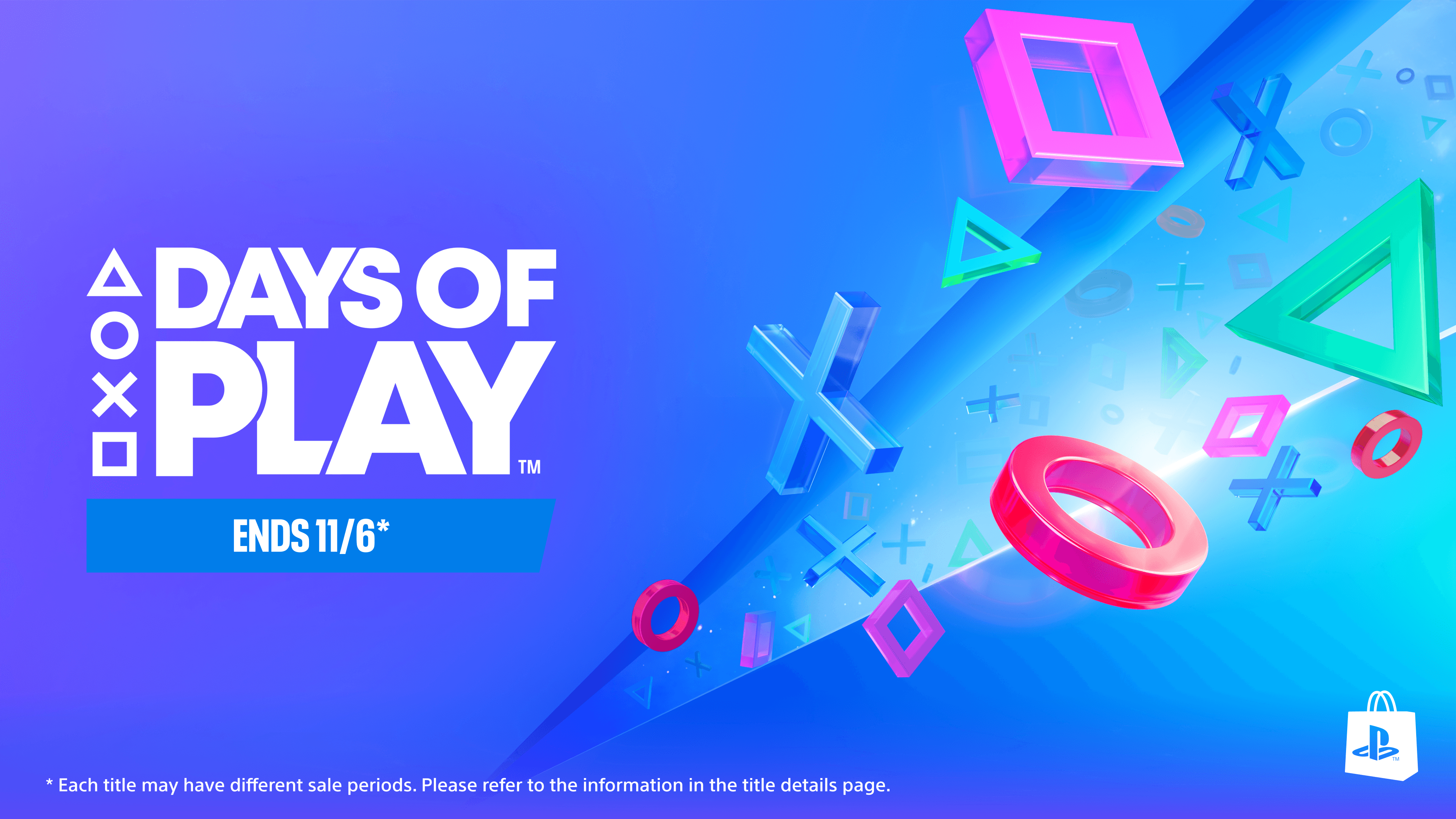




















_foto-zone_Alamy.jpg?width=1280&auto=webp&quality=80&disable=upscale#)


























































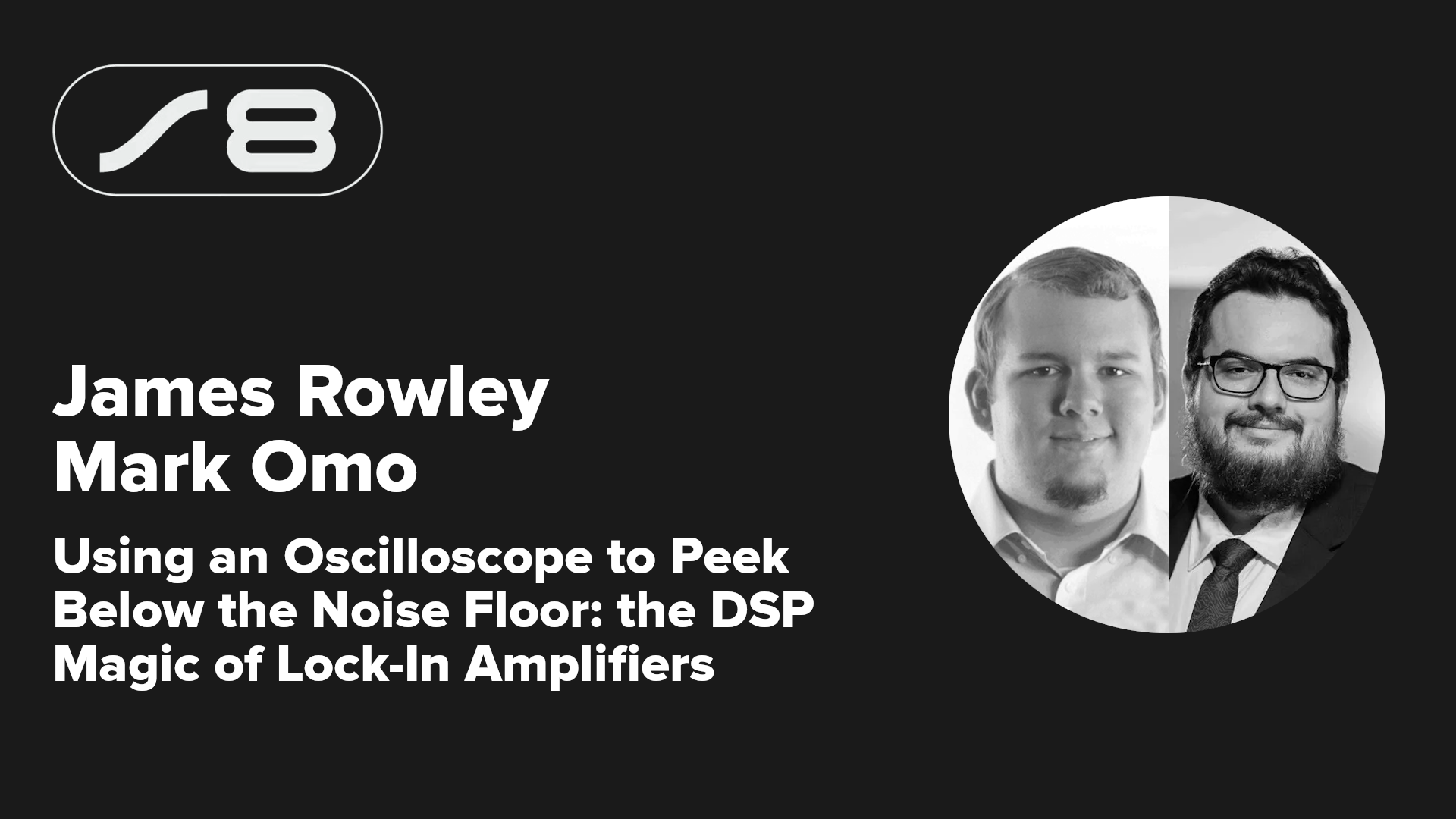


















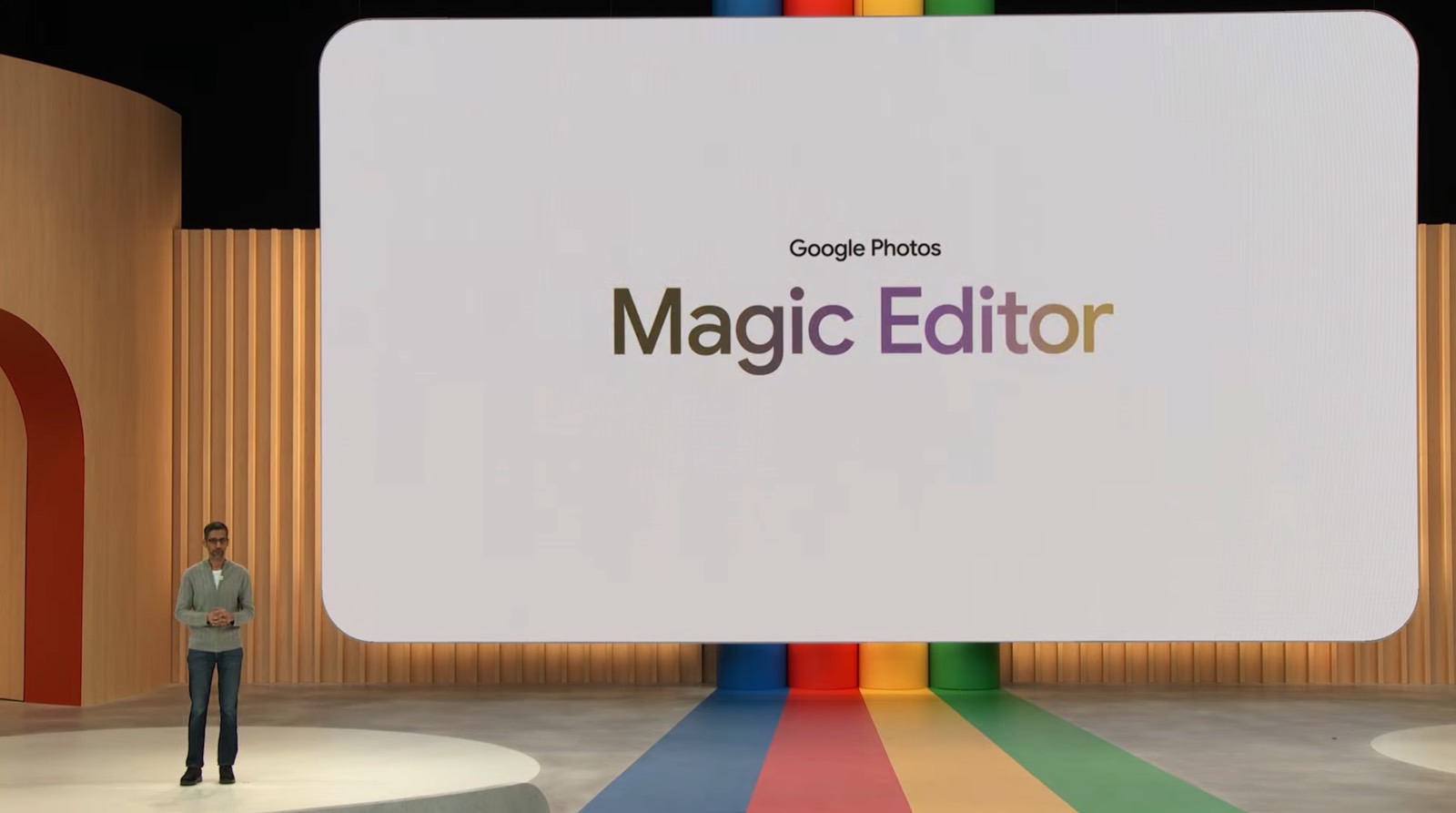







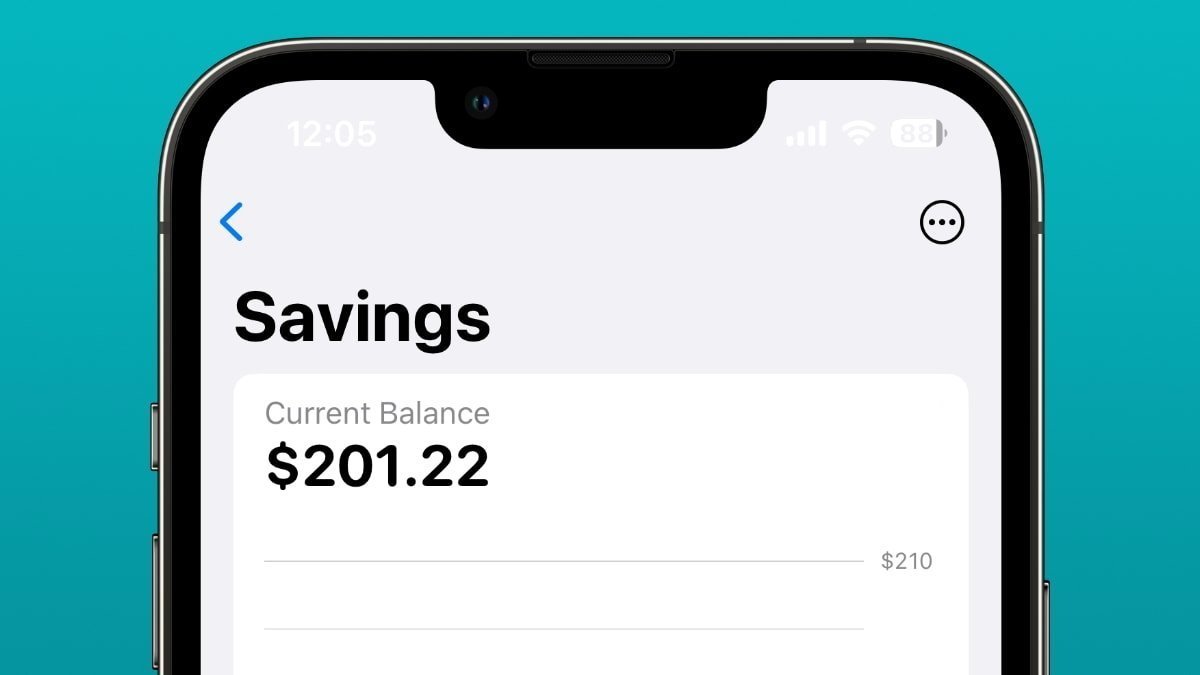

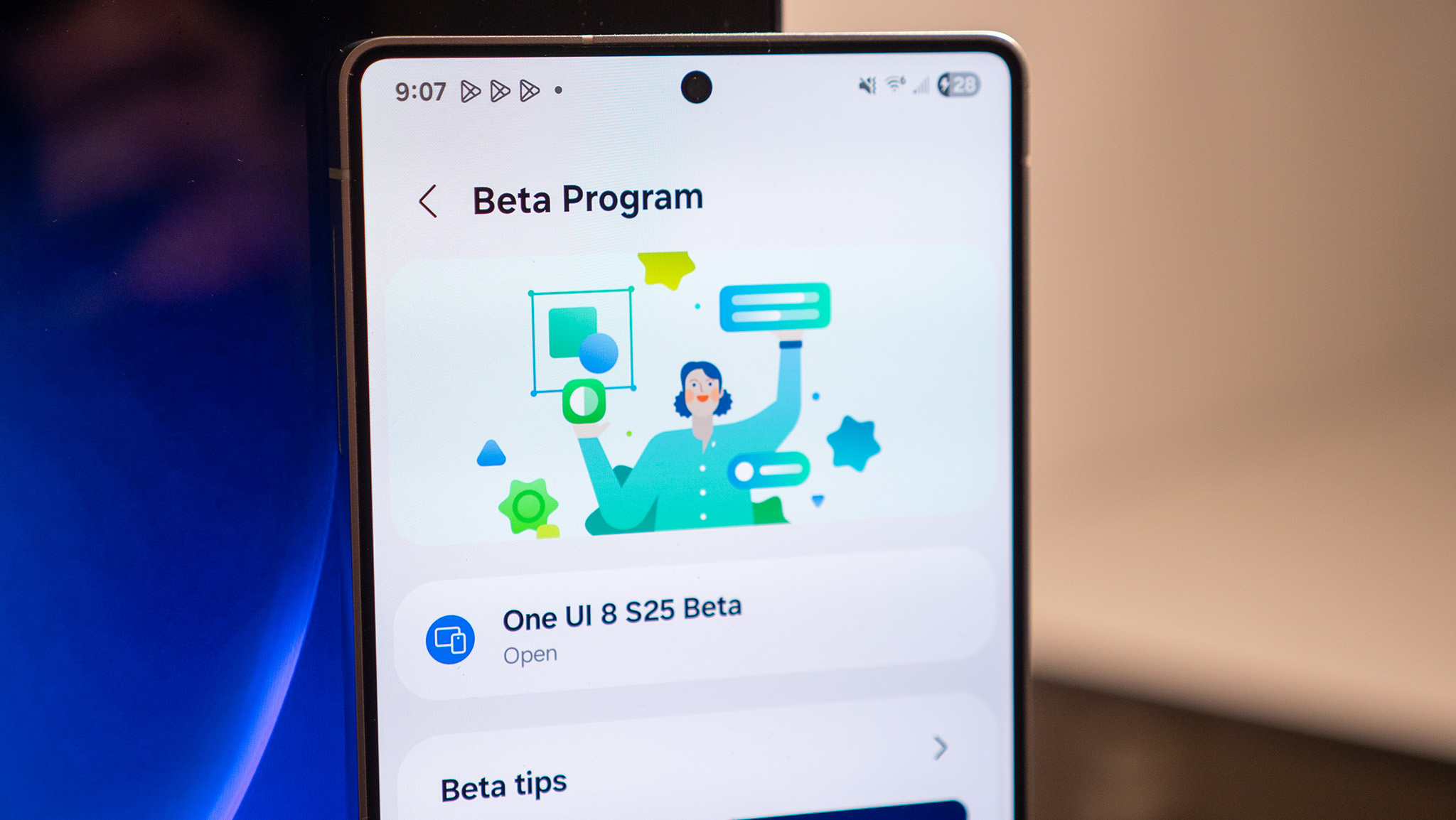
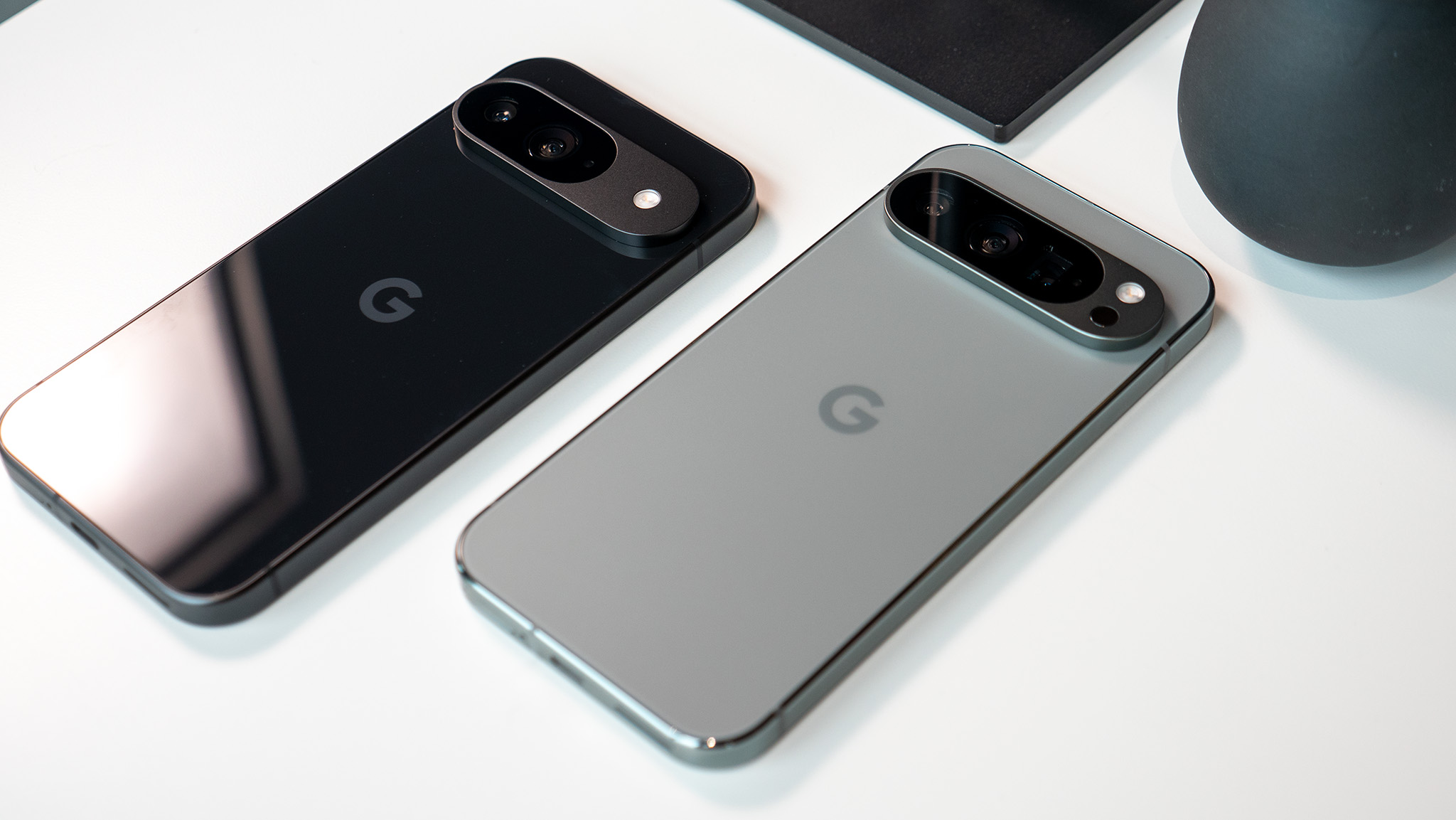
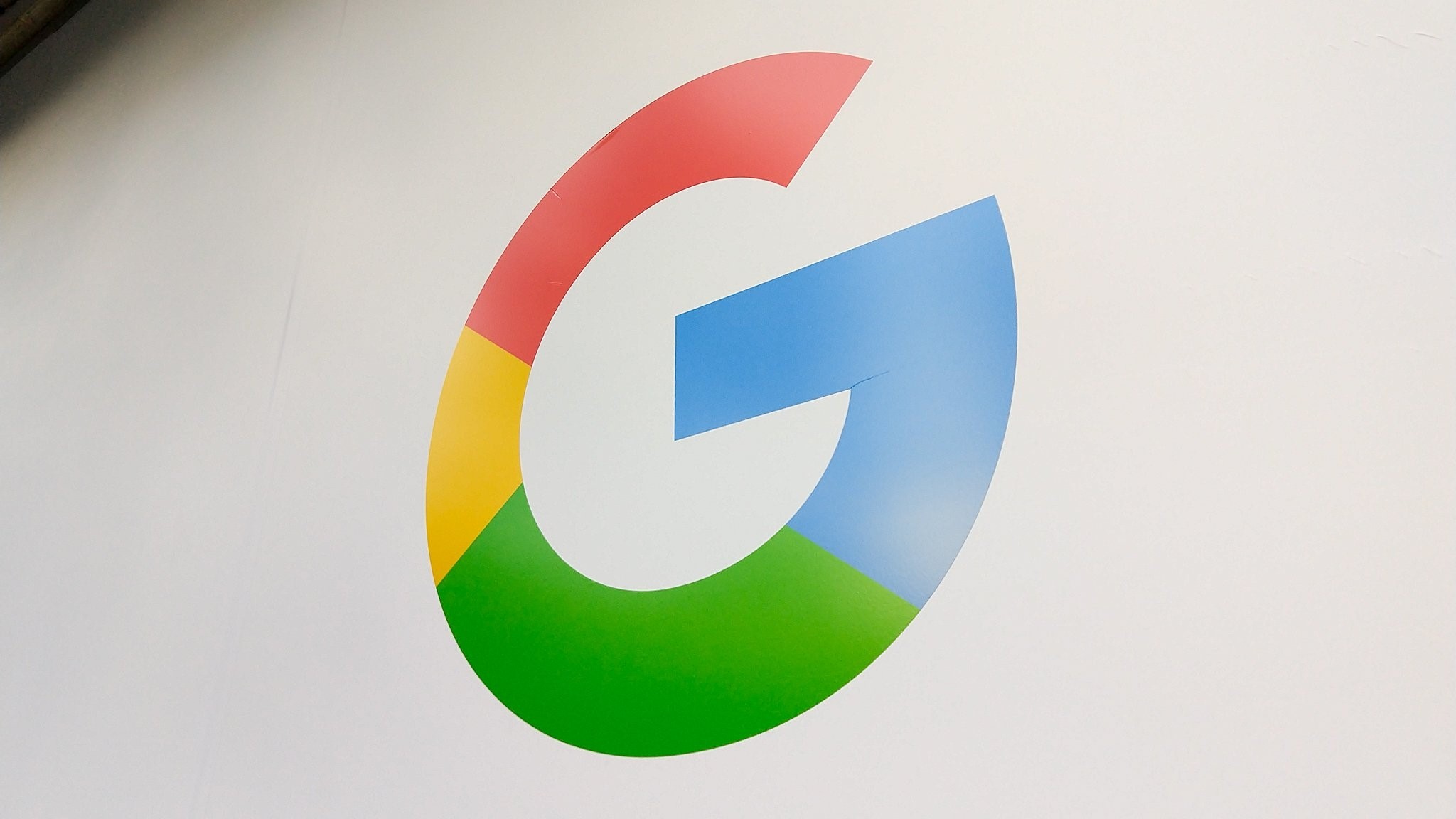

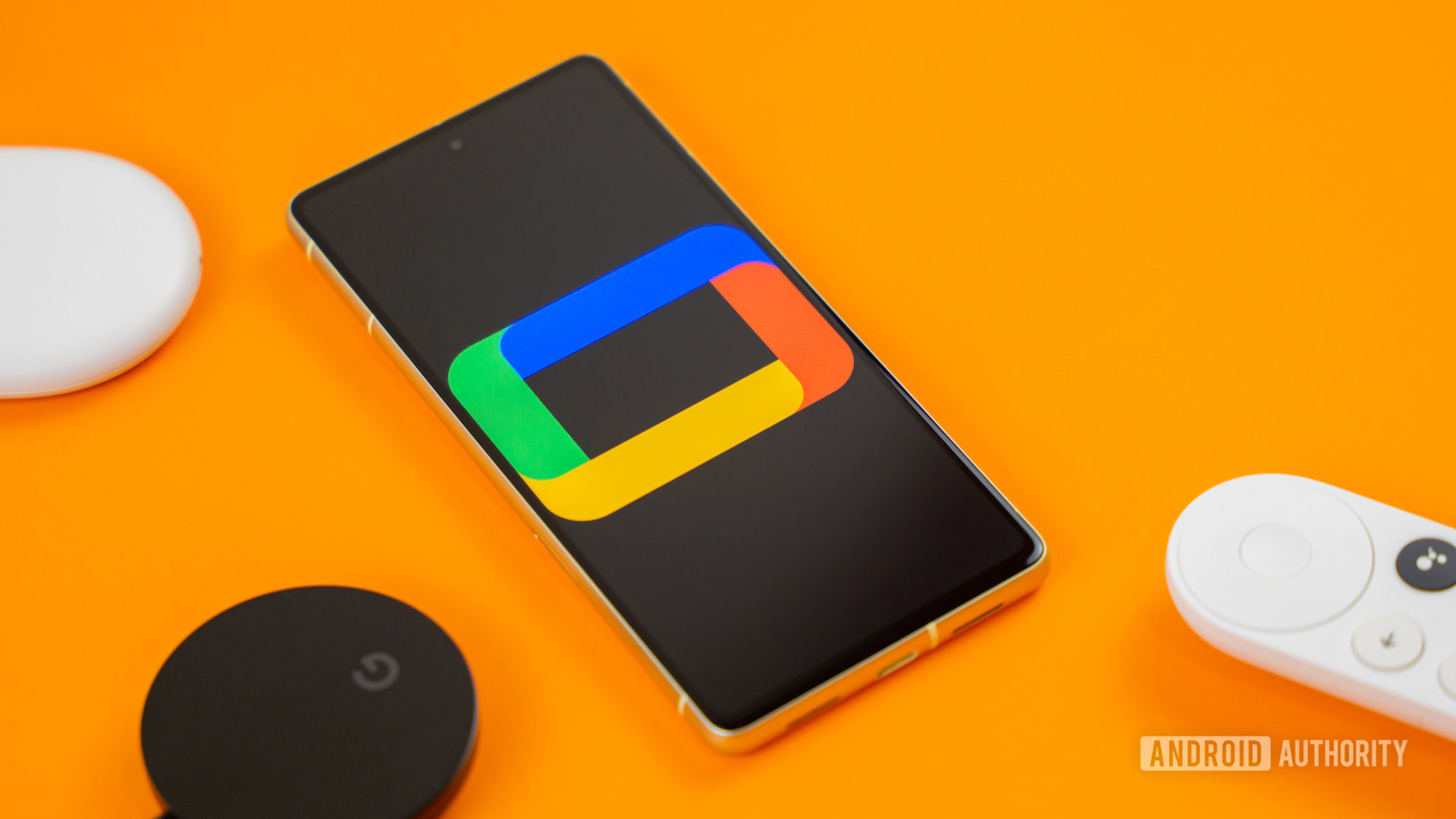
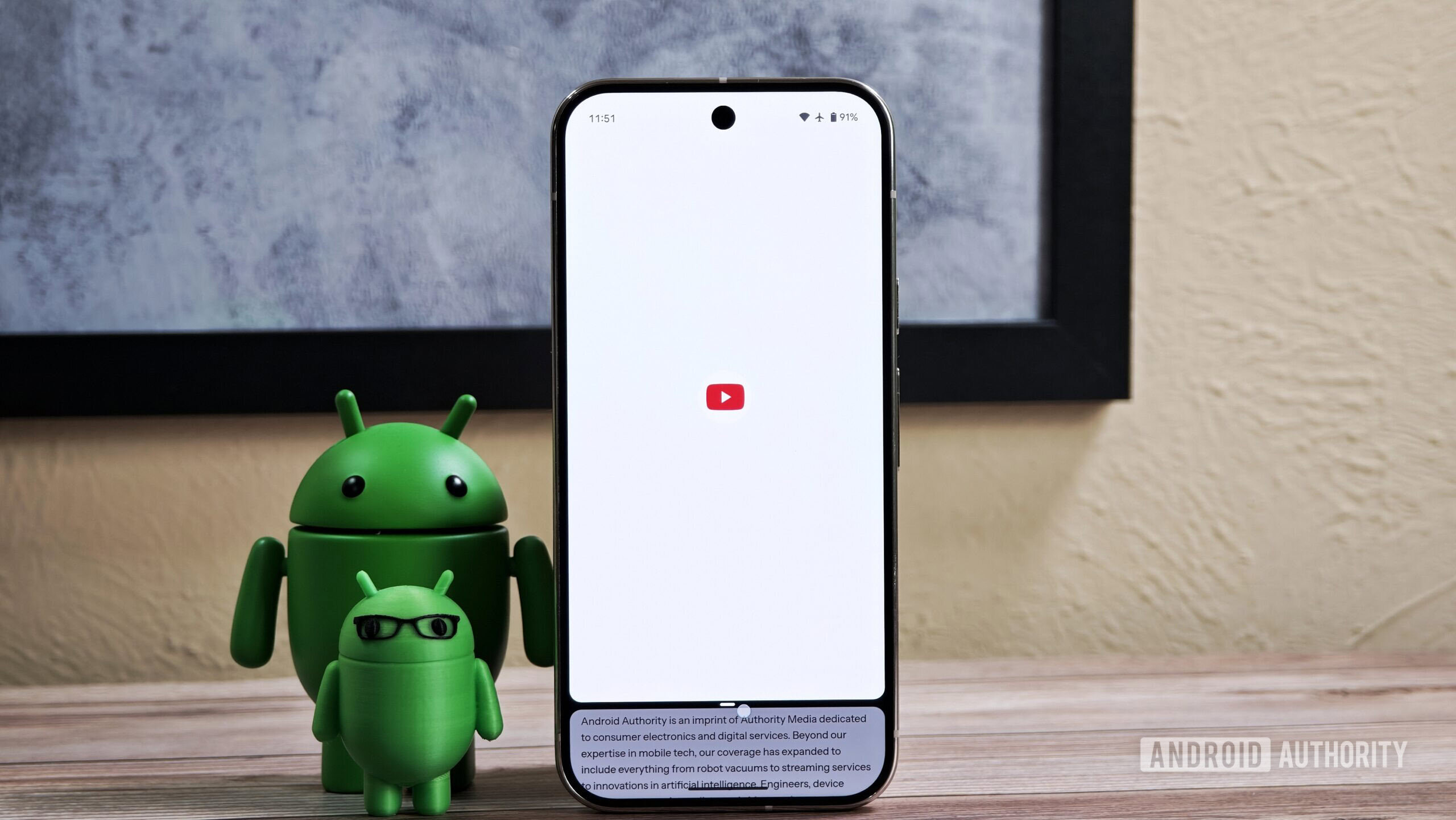

![iOS 19 may support easily transferring your iPhone’s eSIM to an Android device [U]](https://i0.wp.com/9to5mac.com/wp-content/uploads/sites/6/2022/09/iphone-14-eSIM-event.jpg?resize=1200%2C628&quality=82&strip=all&ssl=1)






![Here’s everything new in Samsung’s One UI 8 update [Gallery]](https://i0.wp.com/9to5google.com/wp-content/uploads/sites/4/2025/05/samsung-one-ui-8-intro.jpg?resize=1200%2C628&quality=82&strip=all&ssl=1)









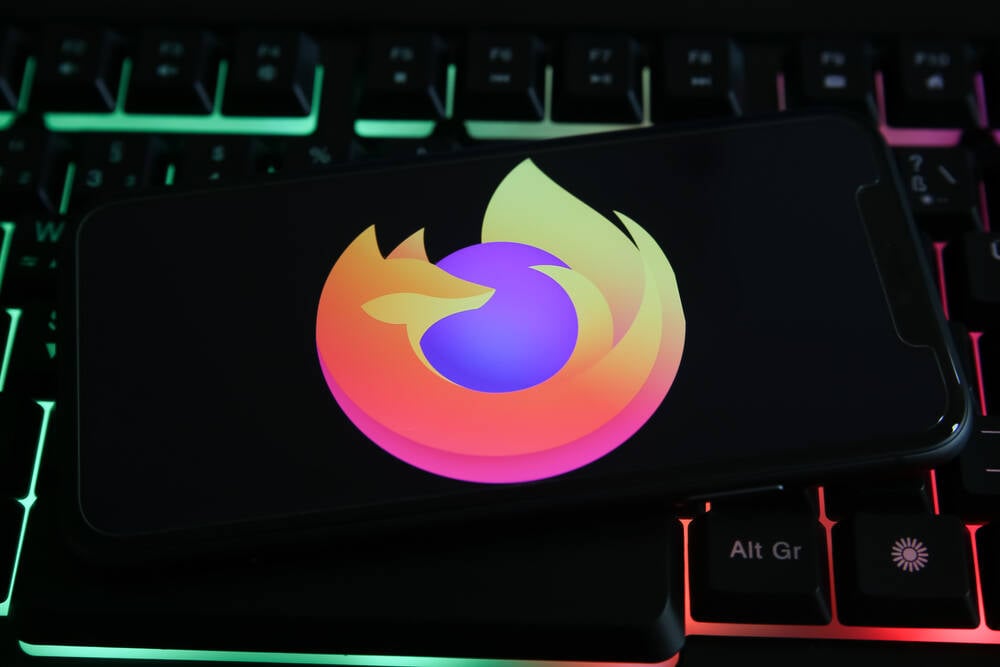


![Apple Updates Logic Pro With Flashback Capture, Enhanced Stem Splitter, More [Download]](https://www.iclarified.com/images/news/97446/97446/97446-640.jpg)
![iOS 26? Apple to Adopt Year-Based Naming Across All Operating Systems [Report]](https://www.iclarified.com/images/news/97449/97449/97449-640.jpg)























